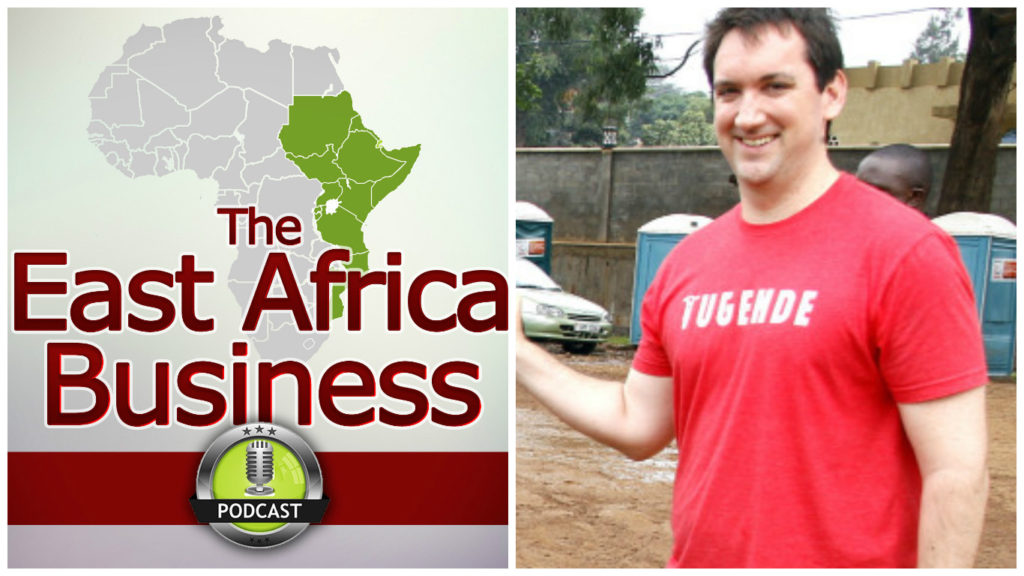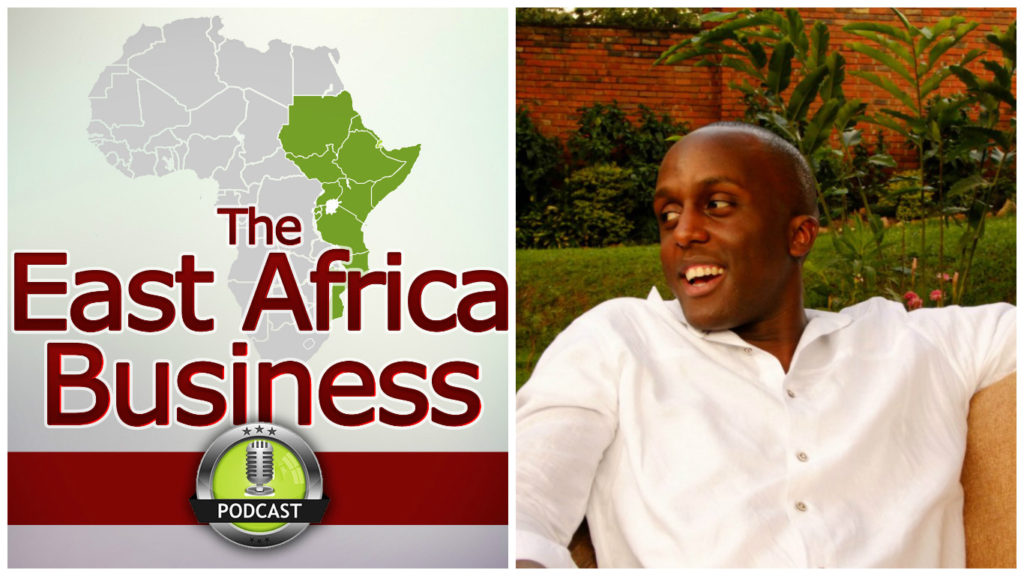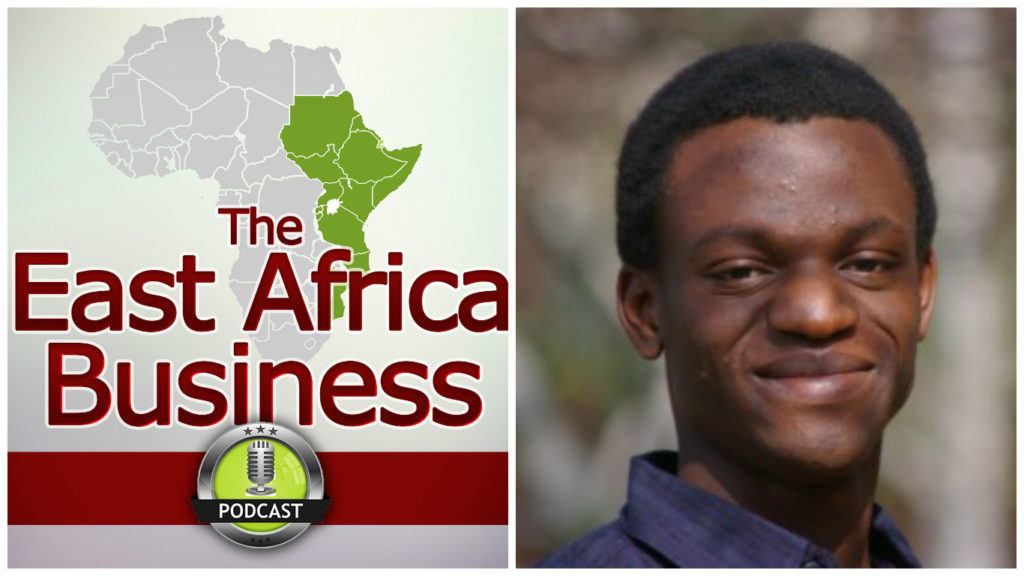Overview
A recurring theme across East Africa is how owning an asset is a path out of poverty.
It’s a bit of a chicken and egg problem, as banks typically require an asset as collateral before giving a loan.
Tugende gives people their first step on the ladder.
Starting as a side project of some bikes that Michael bought for his motorcycle friends, Tugende has now grown into an organisation that thousands of drivers use on their path to ownership.
Michael and I discuss the issues of the rental poverty trap, the process around how they mitigate risk, and how he sees is customers as micro venture capitalists.
It’s a very insightful about the financing industry in Uganda, and across the region. I hope you enjoy.
Sign up below to hear whenever there are new stories and episodes released on the podcast
Here are some of the key quotes:
“Tugende means ‘Let’s Go’”
In both Luganda (the local Uganda language) and other East African languages it’s a common phrase.
“Motorcycle taxis are very popular”
The 100,000s of motorcycle drivers in Uganda can’t get access to credit, and therefore end up renting their bikes.
“The rental poverty trap”
This is where all money is being spent on renting an asset and there’s none left to save to then progress.
“I bought three bikes”
Tugende started when I financed three friends so that they can own their own motorcycle. It was very much a side project which turned into my main endeavour in 2012.
“Customers know their economics better than we do”
Some people have several motorcycles which they buy, own and then sell on for cash.
“Payments go towards ownership”
The weekly payments are about 15% higher than when they pay a landlord, though the light at the end of the tunnel is that these are all going towards them owning the asset.
“Motorcycles are the lifeblood of the economy”
They move agriculture, people and goods in a quick way, and provides employment and earnings for a large swathe of the population.
“They’re a good asset”
Motorcycles are fairly durable and can have fairly regular/ predicatble cash flow. It helps us mitigate against the risks involved.
“We don’t fear running out of customers”
Exact numbers are difficult to gauge but our best guess is 400,000 motorcycle drivers in Uganda.
“Almost every driver is male”
In Kampala there was one female driver who was well known. She know works for Tugende…
“We have a robust screening process”
This is to cover for not having a collateral asset and some of the other constraints that banks have. We look for “responsibility and roots” – will other people vouch for you? Benefit of the doubt is given.
“Buying bikes isn’t our gig”
Drivers will find a bike that they want to buy and come to us. We don’t bother with sourcing motorbikes and leave that to the customer. We’re brand agnostic.
“Micro Venture Capitalism”
Our customers know their communities better than we ever could. The cash they earn from selling a second-hand bike is like a seed fund.
“We hire for problem solvers”
A big part of our business ethos is resilience and being prepared for the unexpected. People who work for Tugende might not have the best academic results, but they’re great at acting under uncertainty. A lot of people have been hired from the boda boda community.
“Tugende is an economic opportunity company”
We don’t look at ourselves as a motorcycle leasing company. We’re in the business of giving people assets for them to own and leave the rental poverty trap.
“Insurance is a growth area”
Looking forward, as well as offering different asset classes we will also look to extend our insurance partnerships to our customers.
“Helping people help themselves”
This is our mantra. We’re about finding people who already know how to make money, they just need some help unlocking the opportunity. This isn’t bound to just motorcycles.
Social Media Follows etc.
Facebook: TugendeDriven
Website: www.tugendedriven.com


